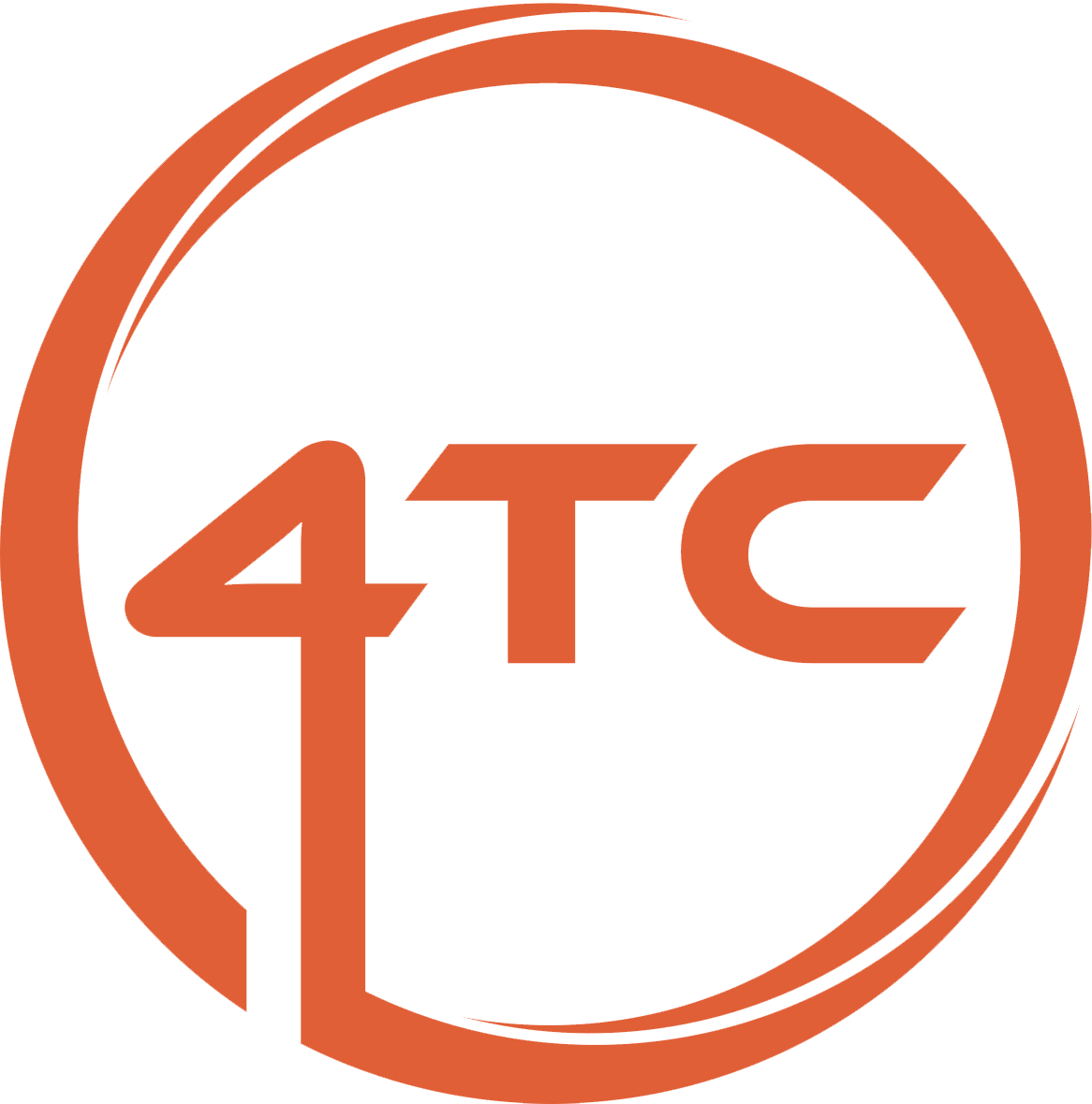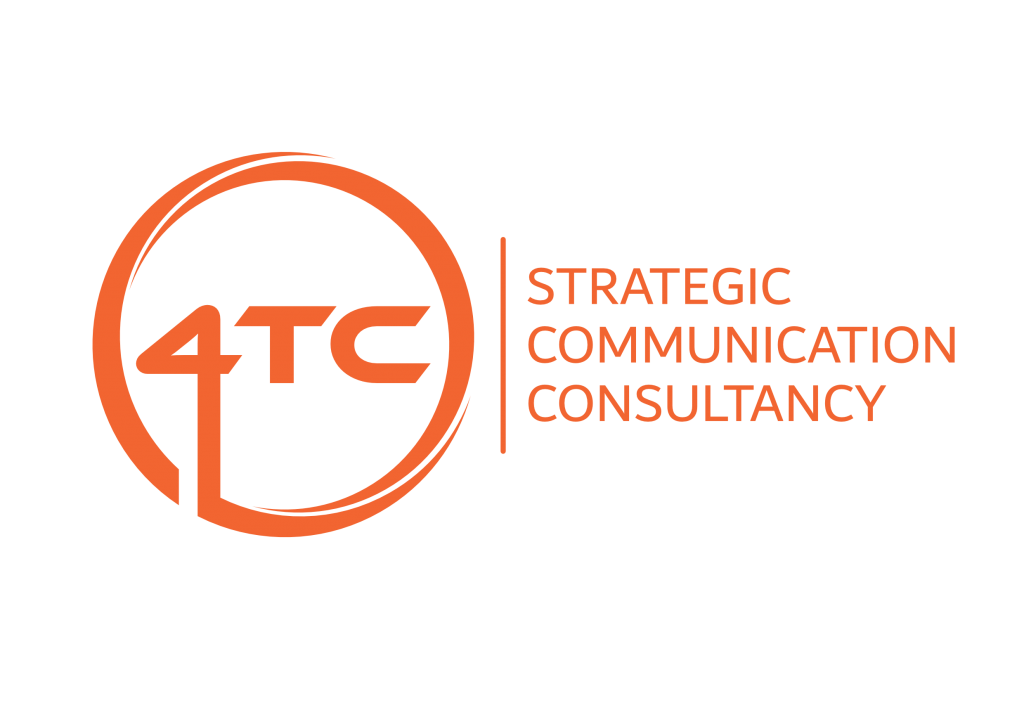SKIP THE WORD SALAD – GET TO THE MEAT OF YOUR COMMUNICATION
Probably safe to say that everyone’s familiar with ‘Bullsh*t Bingo’ – it’s a game to be played in meetings, the object of which is to tick off a list of cliches, jargon, acronyms and references to currently fashionable topics and issues.
Ideally you jump up and shout ‘Bingo!’ when you’ve got them all – although I doubt whether anyone’s actually done it in a real, life-or-death meeting scenario. Like when Vladimir Putin is chairing his weekly catch-up, for example.
Maybe less familiar – you probably need to be a communicator for this – is the concept of ‘word salad’.
A word salad is a whole pile of words thrown at a piece of paper in the hope that they’ll become ‘writing for communication’. (Normally produced by the inexperienced, but don’t worry, we’ll soon have you writing taught, tight, concise and – above all – comprehensible copy, just you stick with us.)
‘Word salad’ also refers to copy which is the written equivalent of ‘Bullsh*t Bingo’. A loosely strung-together collection of cliches, jargon and buzzwords, masquerading as something like a news release, or a mission statement or a corporate position, but somehow failing to communicate anything useful at all.
This type of salad can be so generic that you could put any company name, or strategy, or product into it and it simply wouldn’t matter. Try this on for size:
“(Strategy name) inspires us to become so much more than we’ve ever been. We are expanding our vision, breaking the limits and embracing a new mindset, one that seeks to transform all facets of (industry sector/product category) for the betterment of our families, communities and the societies in which we operate. Powered by our diversity, (company name) leads the way the world moves by delivering innovative, clean, safe, and affordable (industry sector/product category) solutions.”
A properly weaved word Waldorf. Vision, mindset, transformation, family, community, society, diversity, innovation – we’re leaving nothing out, here.
Yet this isn’t made up – it’s a real example from a statement put out by a massive global conglomerate. We’d bet it’s a ‘committee word salad’, where tens of people have all had a go at it and it’s been re-written and re-written again, and then a smattering of senior execs have leant down from on high and have said things like: “I think we should include diversity,” and it’s been re-written again. And again.
No matter. The lesson is that there is no benefit in this type of communication. It says nothing positive about you. In fact, while your aim may have been to show how ethical and involved you are, it actually serves to demonstrate that it’s lip-service you’re paying to all of these things, no more.
Don’t be tempted to try and stuff everything in there – just like a proper salad, sometimes less is more.
If you’re concerned that your communication is more Russian salad than sliced tomato with olive oil and salt – we’d be happy to talk to you.
Relevant Topics
NEWS & VIEWS
Things we’re thinking and things we’ve seen














